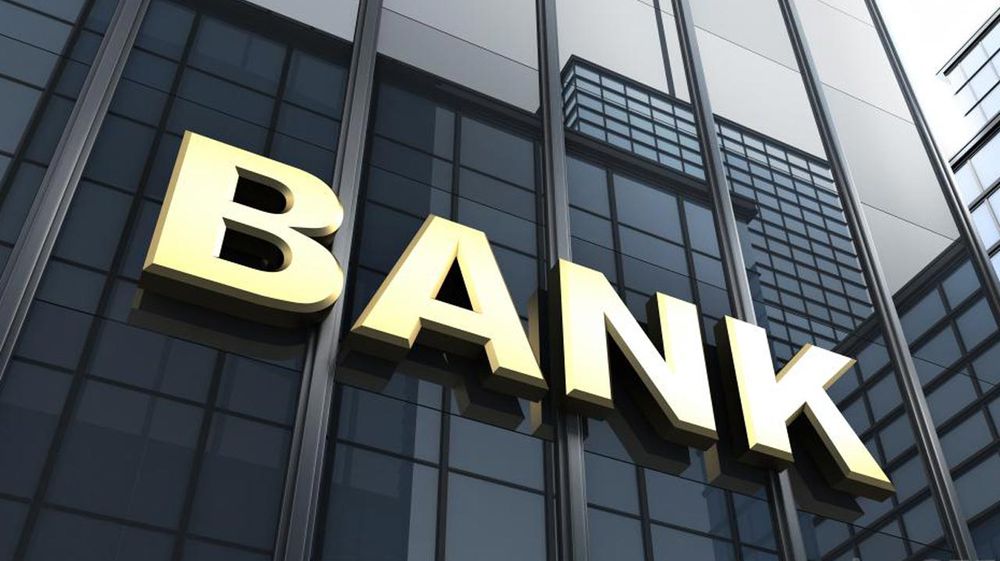The present government is aiming to introduce reforms in the banking sector through finance supplementary bill to enhance the economic contribution of the sector in the economy on a sustainable basis.
The government suggested the imposition of tax on banks while removal of taxes on a section of banking customers, and the introduction of new measures for the tax mechanism of the sector at the same time.
Withholding Tax On Banks Transactions
The government abolished the much-hated withholding tax of 0.3 percent for income tax filers but retained a 0.6 percent advanced withholding tax on the non-filers for the withdrawal of over an amount of Rs. 50,000 from the banks.
The removal of the tax is more than an incentive for non-filers as compared to filers who adjust their tax in income tax return statement though filers will also enjoy this tax removal for doing their transactions without fear of tax deduction at time of withdrawal or transfer.
Economic experts and the think tank of the central bank said that the withholding tax on cash withdrawal and transfer is counterproductive for the economy especially in the drive for financial inclusion. It keeps many people from using banking services and the process of documentation of the economy is also hurt.
Many of the banking customers use multiple bank accounts, Dollars and prize bonds for transactions. A majority of them also started using cash for their financial dealings in order to avoid this notorious tax.
Hopefully, non-filers, particularly small traders and business, will be likely to file their income tax statements to avoid the withholding tax on cash withdrawal and transaction.
The government wants to give relief to overseas Pakistanis. The bill proposes to an exempt collection of advance tax on cash withdrawals from a bank account maintained in Pak Rupees in which the deposits are made solely through remittances in foreign currency.
Taxes on Banks Instruments
Presently, advance tax on banking transaction e.g. bank draft, pay order, CDR, STDR, SDR, RTC or any other instrument of the bearer, nature or on receipt of cash on cancellation of these instruments is collected at the rate of 0.3% from filer and 0.6% from non-filer.
The financial bill proposes to abolish tax for filers of income tax statements.
Super Tax on Banks
The government decided to enhance a Super Tax of 4 percent on banking companies. The tax of 4 percent has been imposed to generate revenues from the banks which are now in the recovery phase of profit growth due to increased policy rate.
Super Tax is an additional tax which was imposed in FY15 to generate additional revenue primarily for meeting the rehabilitation expenses of temporarily displaced persons based in Khyber Pakhtunkhawa.
The government seems to be making money from the banks through this tax to meet the annual shortfall of FBR. The tax will be imposed in the next financial year, however, lobby efforts to remove this tax can not be ruled out.
Measures for Tax Mechanism
The government through its supplementary finance bill introduced various measures to improve the tax mechanism of FBR to facilitate banking companies.
The bill proposed to absolve banking companies from providing of details e.g. CNIC #, NTN and address in the case of withholding of tax on payments of interest under section 151 and cash withdrawals under section 231A for the purpose of withholding tax statements under section 165.
Further, the bill proposes to exempt the banking companies from filling of statements for taxes deducted or collected on profit on deposits and cash withdrawal.
Incentives for Banks
Government is aiming to promote loan facility for traders and framers through SME and farms loans. In this connection, it tax deduction of 20 percent instead of 35 percent for loans to be given by banks to these customers segments.
Along with the government incentives to banks, the central bank planned to enhance the credit to the agriculture sector, housing, and SMEs. The interest rates of the loans have been reduced comparatively for these sectors.
This measure is long-term and is likely to produce its positive results in the next couple of years. This provision will be applicable from the tax year 2020 to 2023.
The expected growth in the credit uptake of these sectors—Agriculture, Housing, and SMEs—will not only improve the advances of the banks but these will stir up the economic activities including employment and revenues to the government in return.

























